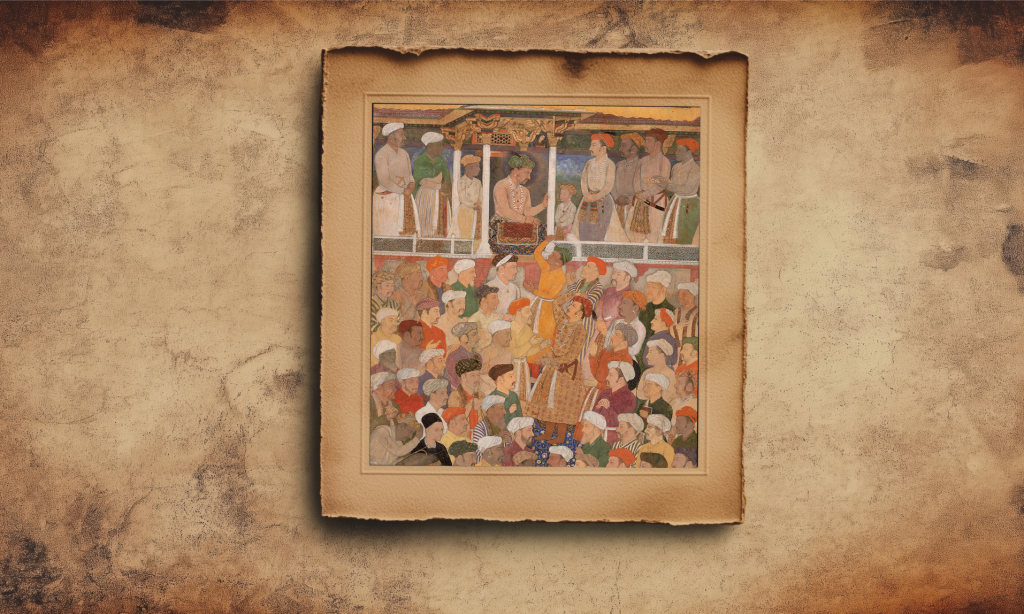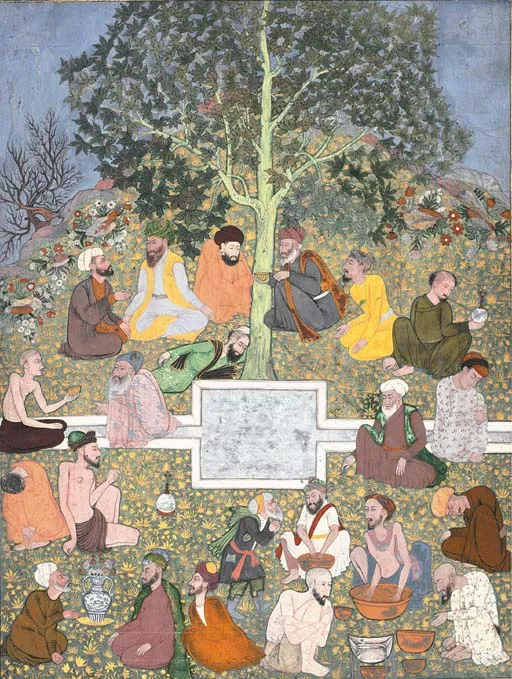Explore Tuzuk-i-Jahangiri, the autobiographical memoirs of Emperor Jahangir, masterfully translated and edited, revealing insights into his reign (1605-1627).
AHMAD, SHAIKH (1564-1624), celebrated Muslim thinker and theologian of the Naqshbandi Sufi order, was born on 26 May 1564 at Sirhind in present day Patiala district of the Punjab. He received his early education at the hands of his father. Shaikh `Abd al-Ahad, and later studied at Siaiko, now in Pakistan. About the year AD 1599, he met Khwaja Muhammad al-Baki bi-Allah, who initiated him into the Naqshbandi order. Shaikh Ahmad soon became a leading figure in that school and wrote numerous letters and treatises on many fine points of the Sufi doctrine such as the concepts of prophecy {nubuwwah) and sainthood (walayah) and the relationship between shari`ah, i.e. religious law, and tariqah, the mystic path.
CHANDU SHAH, a wealthy banker and revenue official at the Mughal court at Lahore. He earned the annoyance of Sikhs by uttering disparaging words when his family priest proposed Guru Arjan`s son, Hargobind, for his daughter who was of marriageable age. Chandu Shah accepted the suggestion but with reluctance and made the conceited remark that the Guru`s house was too low for his status and wealth. Report of what he had said reached the local sangat, who felt injured and sent request to Guru Arjan to reject the proposal. The, Guru, honouring Sikhs` wishes, broke off the match.
Explore the intriguing reign of Jahangir, the fourth Mughal emperor, known for his love of art but controversial rule influenced by his Persian wife.





